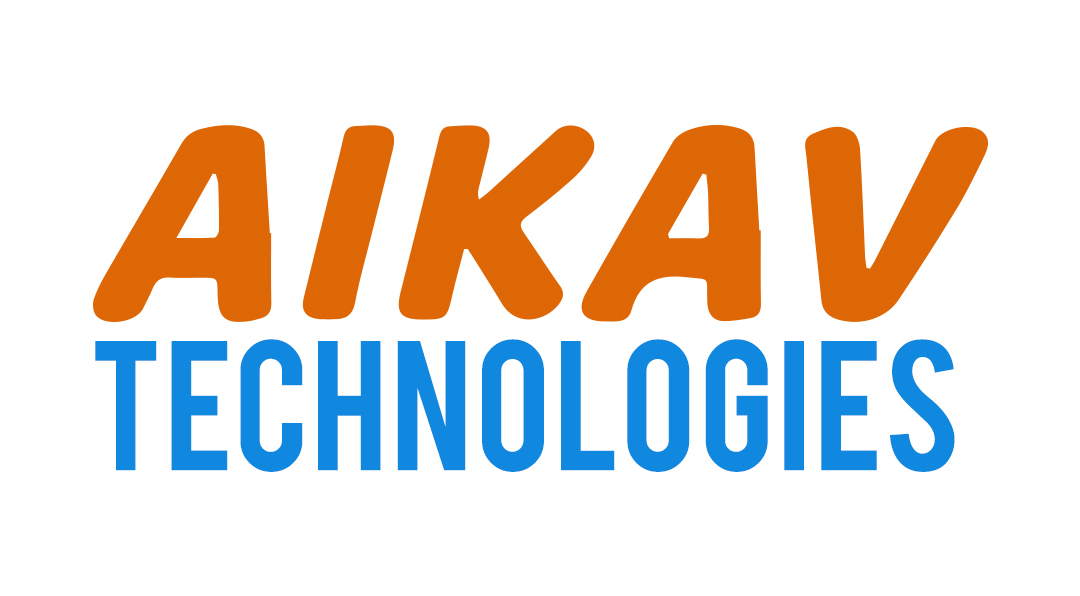PHP has been the backbone of web development for over two decades, powering popular platforms like WordPress, Drupal, and Magento. While developers can write PHP applications from scratch, using a framework speeds up development, enhances security, and enforces best practices. Frameworks provide structured code, reusable components, and built-in tools that make it easier to create scalable and maintainable applications.
In this blog, we’ll explore the importance of PHP frameworks, their benefits, and the top options available for developers in 2025.
Why Use a PHP Framework?
- Faster Development – Frameworks come with pre-built modules for routing, authentication, caching, and database management, saving time.
- Security – Most frameworks offer protection against common threats like SQL injection, CSRF, and XSS.
- Scalability – A structured architecture allows applications to grow with business needs.
- Maintainability – MVC (Model-View-Controller) patterns and code separation make it easier to debug and extend projects.
- Community Support – Active communities provide plugins, tutorials, and long-term support.
Top PHP Frameworks for Web Development
1. Laravel
Often called the “king of PHP frameworks,” Laravel is known for its elegant syntax and developer-friendly tools.
- Key Features: Blade templating engine, Eloquent ORM, Artisan CLI, built-in authentication, and queue management.
- Best For: Large applications, eCommerce platforms, and SaaS solutions.
- Why Choose It: Rich ecosystem with packages like Laravel Nova (admin panel) and Laravel Vapor (serverless deployment).
2. Symfony
Symfony is a robust and modular framework trusted by enterprises and used as the foundation for platforms like Drupal.
- Key Features: Reusable components, Twig templating, and support for microservices.
- Best For: Enterprise-level applications and long-term projects requiring stability.
- Why Choose It: Long-term support (LTS) releases and high flexibility for complex business logic.
3. CodeIgniter
Lightweight and easy to learn, CodeIgniter is perfect for beginners and small-to-medium applications.
- Key Features: Simple configuration, minimal footprint, and fast execution.
- Best For: Startups, MVPs, and applications with limited hosting resources.
- Why Choose It: Minimal learning curve and excellent performance for basic apps.
4. Yii Framework
Yii (“Yes, it is!”) is a high-performance framework with a focus on security and speed.
- Key Features: Gii code generator, caching support, and built-in RBAC (role-based access control).
- Best For: Applications requiring high security like finance, healthcare, or portals.
- Why Choose It: Strong security measures and powerful code scaffolding tools.
5. Phalcon
Phalcon is unique because it’s implemented as a C-extension, making it one of the fastest PHP frameworks.
- Key Features: Low memory consumption, ORM, caching, and asset management.
- Best For: Performance-critical applications and APIs.
- Why Choose It: Blazing fast execution compared to other PHP frameworks.
6. CakePHP
CakePHP emphasizes rapid application development (RAD) with its convention-over-configuration approach.
- Key Features: Code generation, built-in validation, and scaffolding.
- Best For: Prototyping and small-to-medium applications.
- Why Choose It: Quick setup and easy learning curve for developers familiar with MVC.
7. Zend Framework / Laminas Project
Previously known as Zend Framework, Laminas is now its successor, designed for enterprise-grade applications.
- Key Features: Middleware, dependency injection, and cloud-native support.
- Best For: Complex enterprise applications and integration-heavy projects.
- Why Choose It: Trusted by enterprises and supported by a professional foundation.
How to Choose the Right PHP Framework?
When selecting a framework, consider:
- Project Size: Laravel or Symfony for large projects, CodeIgniter or CakePHP for smaller apps.
- Performance Needs: Phalcon for speed-intensive apps.
- Security Requirements: Yii for high-security environments.
- Learning Curve: CodeIgniter or CakePHP for beginners, Laravel for intermediate to advanced developers.
Final Thoughts
PHP frameworks continue to evolve, offering developers reliable tools to build secure, fast, and scalable applications. Whether you’re launching a startup, developing an enterprise platform, or simply learning web development, choosing the right framework can accelerate your journey.
By understanding the strengths of each framework, developers can make smarter choices and deliver high-quality solutions that stand the test of time.
